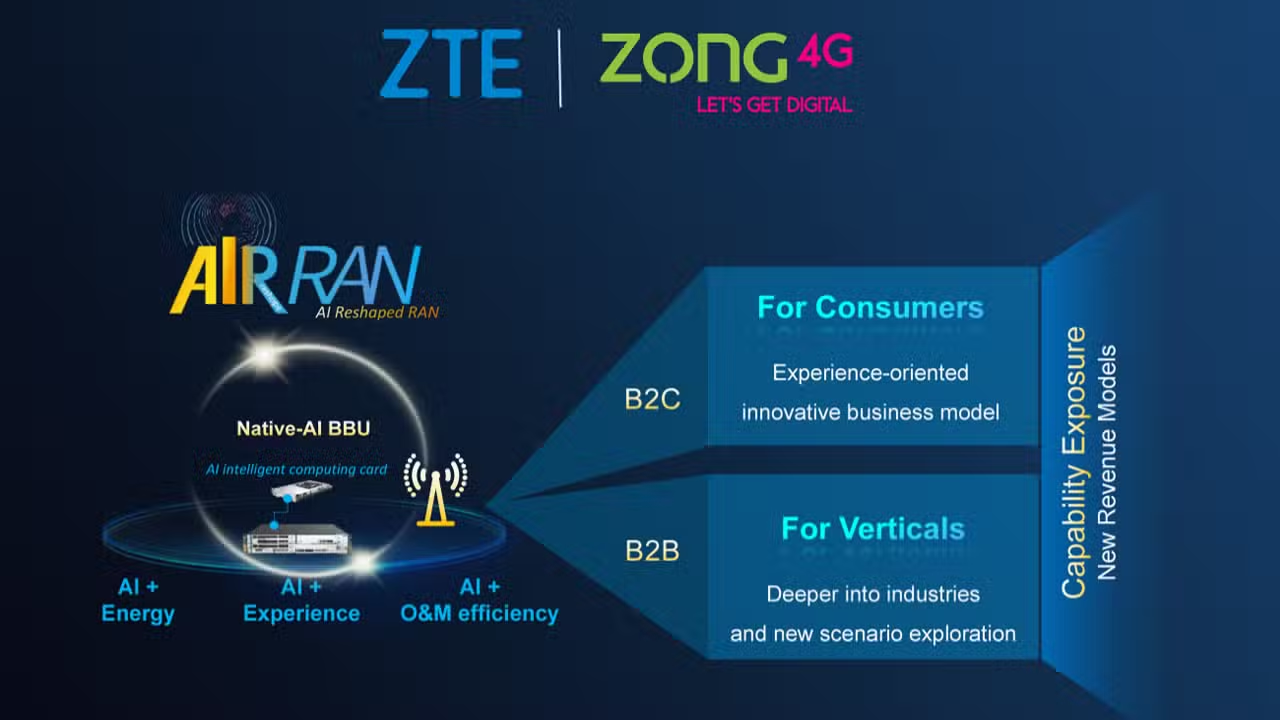In a significant legal development, Epic Games, the creator of “Fortnite,” has emerged victorious in its high-profile antitrust trial against Google. The trial, which spanned over a month, accused Google’s Play app store of operating as an illegal monopoly, suppressing competition, and imposing exorbitant fees on app developers, reaching up to 30%. Jurors found in favor of Epic on all counts, potentially disrupting the entire app store economy.
Key Points:
- Allegations Against Google:
- Epic Games accused Google of taking actions to stifle competitors and maintain an unlawful monopoly over its Play store.
- The lawsuit targeted Google’s practice of tying its Play store and billing service together, compelling developers to use both for inclusion in the store.
- Legal Implications:
- The ruling, if upheld, could have far-reaching implications for the app store ecosystem, giving developers more influence over distribution and revenue-sharing models.
- Google, which operates one of the world’s largest app stores alongside Apple, intends to appeal the decision.
- Potential Remedies:
- The court, beginning in January, will consider remedies to address the antitrust concerns raised during the trial.
- The outcome may lead to changes in how apps are distributed, fees imposed by app stores, and the role of gatekeepers in the mobile ecosystem.
- Impact on Google’s Android Business:
- Google may be compelled to allow more app stores on Android-powered devices, potentially reducing the revenue generated from in-app purchases.
- The Play store, while representing a smaller portion of Google’s overall revenue, holds symbolic significance as a key gatekeeper for billions of mobile devices.
- Epic Games’ Response:
- Epic Games CEO Tim Sweeney applauded the verdict, stating that it exposed the “Google Play monopoly” and its illegal practices.
- Epic Games has also filed a similar antitrust case against Apple, with ongoing legal battles challenging App Store rules.
- Allegations of Deleting Messages:
- Among the allegations, Epic claimed that Google had a system for deleting texts and internal messages to conceal anticompetitive behavior.
- The trial highlighted Google’s competition practices, with Epic arguing that the company systematically obstructed alternative app stores.
- Broader Legal Landscape:
- The legal victory for Epic Games comes amid ongoing antitrust scrutiny globally, challenging the dominance of major tech platforms.
- Epic Games had previously initiated a similar case against Apple, where a U.S. judge ruled largely in favor of Apple in September 2021.
The ramifications of this ruling extend beyond the immediate case, potentially reshaping the dynamics of the app store industry and competition among major tech players.
Heading:
Epic Games Emerges Victorious Against Google in Landmark Antitrust Trial
Content:
Epic Games, the developer behind the popular game “Fortnite,” has secured a significant legal victory in its antitrust trial against Google. The trial, spanning over a month, focused on allegations that Google’s Play app store operated as an illegal monopoly, engaging in anticompetitive practices. Jurors delivered a unanimous decision in favor of Epic Games on all counts, signaling potential repercussions for the broader app store ecosystem.
Key Highlights:
- Accusations and Allegations:
- Epic Games accused Google of suppressing competition and maintaining an unlawful monopoly by imposing high fees (up to 30%) on app developers and engaging in anticompetitive behavior.
- Central to the case was Google’s practice of linking its Play store and billing service, compelling developers to utilize both for app inclusion.
- Implications for the App Store Economy:
- The ruling, if upheld, could disrupt the traditional app store model, providing developers with greater influence over distribution and revenue-sharing mechanisms.
- The decision may prompt a reevaluation of app store policies and the role of major platforms as gatekeepers in the mobile ecosystem.
- Appeal and Future Proceedings:
- Google has expressed its intent to appeal the decision, emphasizing its commitment to defending the Android business model.
- The court is set to begin discussions on potential remedies in January, addressing the antitrust concerns raised during the trial.
- Potential Changes in Android Landscape:
- If the ruling stands, Google may be compelled to permit additional app stores on Android-powered devices, potentially impacting the revenue derived from in-app purchases.
- The Play store, despite representing a smaller share of Google’s overall revenue, holds symbolic importance as a primary access point for billions of mobile devices.
- Epic Games’ CEO Reaction:
- Epic Games CEO Tim Sweeney celebrated the verdict, highlighting the exposure of the “Google Play monopoly” and its illicit practices.
- Epic Games is concurrently involved in a similar antitrust case against Apple, with ongoing legal battles challenging the rules of the App Store.
- Allegations of Concealing Anticompetitive Behavior:
- Among the trial’s revelations were allegations that Google had a system for deleting messages to conceal anticompetitive actions.
- The case shed light on Google’s competitive practices, with claims that the company systematically impeded alternative app stores.
- Global Antitrust Scrutiny:
- The legal triumph for Epic Games occurs amid widespread global scrutiny of major tech platforms, particularly their dominance in various markets.
- This ruling may contribute to evolving discussions around antitrust regulations and competition within the tech industry.
The aftermath of this landmark ruling will likely reverberate across the tech landscape, potentially reshaping the dynamics of app store operations and fostering increased competition among major players.
Heading:
Epic Games Secures Landmark Victory Against Google in Antitrust Trial
Content:
Epic Games, the creator of “Fortnite,” has achieved a significant legal milestone by winning its antitrust trial against Google. The trial, spanning over a month, centered on allegations that Google’s Play app store functioned as an illegal monopoly, engaging in anticompetitive practices. With jurors unanimously ruling in favor of Epic Games on all counts, the implications for the broader app store ecosystem are profound.
Key Points:
- Accusations and Legal Battle:
- Epic Games accused Google of stifling competition and maintaining an unlawful monopoly by imposing high fees, up to 30%, on app developers and employing anticompetitive tactics.
- A pivotal aspect of the case was Google’s practice of linking its Play store and billing service, coercing developers to use both for app inclusion.
- Impact on App Store Dynamics:
- The ruling, if sustained, could disrupt the established app store model, empowering developers with greater control over distribution and revenue-sharing structures.
- This decision may trigger a reexamination of app store policies and the role of major platforms as gatekeepers in the mobile ecosystem.
- Google’s Response and Potential Appeals:
- Google has expressed its intention to appeal the decision, reaffirming its commitment to defending the Android business model.
- Discussions on potential remedies are set to commence in January, addressing the antitrust concerns raised during the trial.
- Potential Changes in Android Landscape:
- If the ruling stands, Google might be compelled to allow additional app stores on Android devices, potentially impacting revenue from in-app purchases.
- Despite representing a smaller share of Google’s overall revenue, the Play store holds symbolic significance as a primary gateway for billions of mobile devices.
- Epic Games’ CEO Perspective:
- Epic Games CEO Tim Sweeney celebrated the verdict, emphasizing the exposure of the “Google Play monopoly” and its illicit practices.
- Epic Games is concurrently involved in a similar antitrust case against Apple, with ongoing legal battles challenging the rules governing the App Store.
- Allegations of Concealing Anticompetitive Behavior:
- Revelations during the trial included allegations that Google had a system for deleting messages to conceal anticompetitive actions.
- The case shed light on Google’s competitive practices, suggesting systematic hindrance of alternative app stores.
- Global Antitrust Scrutiny Impact:
- This legal triumph for Epic Games occurs amidst widespread global scrutiny of major tech platforms, especially their dominance in various markets.
- The ruling is likely to contribute to ongoing discussions on antitrust regulations and competition within the tech industry.
The aftermath of this landmark ruling is expected to reshape the dynamics of the tech industry, influencing app store operations and fostering increased competition among major players.
Heading:
Epic Games Emerges Victorious Against Google in Antitrust Trial
Content:
Epic Games, the developer behind the popular game “Fortnite,” has secured a significant legal victory in its antitrust trial against Google. The trial, spanning over a month, focused on allegations that Google’s Play app store operated as an illegal monopoly, engaging in anticompetitive practices. Jurors delivered a unanimous decision in favor of Epic Games on all counts, signaling potential repercussions for the broader app store ecosystem.
Key Highlights:
- Accusations and Allegations:
- Epic Games accused Google of suppressing competition and maintaining an unlawful monopoly by imposing high fees (up to 30%) on app developers and engaging in anticompetitive behavior.
- Central to the case was Google’s practice of linking its Play store and billing service, compelling developers to utilize both for app inclusion.
- Implications for the App Store Economy:
- The ruling, if upheld, could disrupt the traditional app store model, providing developers with greater influence over distribution and revenue-sharing mechanisms.
- The decision may prompt a reevaluation of app store policies and the role of major platforms as gatekeepers in the mobile ecosystem.
- Appeal and Future Proceedings:
- Google has expressed its intent to appeal the decision, emphasizing its commitment to defending the Android business model.
- The court is set to begin discussions on potential remedies in January, addressing the antitrust concerns raised during the trial.
- Potential Changes in Android Landscape:
- If the ruling stands, Google may be compelled to permit additional app stores on Android-powered devices, potentially impacting the revenue derived from in-app purchases.
- The Play store, despite representing a smaller share of Google’s overall revenue, holds symbolic importance as a primary access point for billions of mobile devices.
- Epic Games’ CEO Reaction:
- Epic Games CEO Tim Sweeney celebrated the verdict, highlighting the exposure of the “Google Play monopoly” and its illicit practices.
- Epic Games is concurrently involved in a similar antitrust case against Apple, with ongoing legal battles challenging the rules of the App Store.
- Allegations of Concealing Anticompetitive Behavior:
- Among the trial’s revelations were allegations that Google had a system for deleting messages to conceal anticompetitive actions.
- The case shed light on Google’s competitive practices, with claims that the company systematically impeded alternative app stores.
- Global Antitrust Scrutiny:
- The legal triumph for Epic Games occurs amid widespread global scrutiny of major tech platforms, particularly their dominance in various markets.
- This ruling may contribute to evolving discussions around antitrust regulations and competition within the tech industry.
The aftermath of this landmark ruling will likely reverberate across the tech landscape, potentially reshaping the dynamics of app store operations and fostering increased competition among major players.



